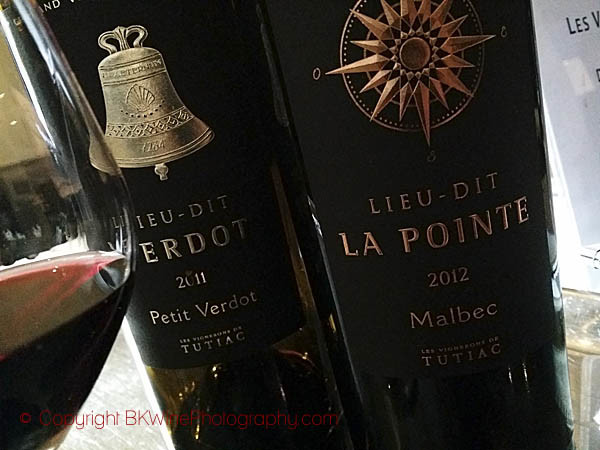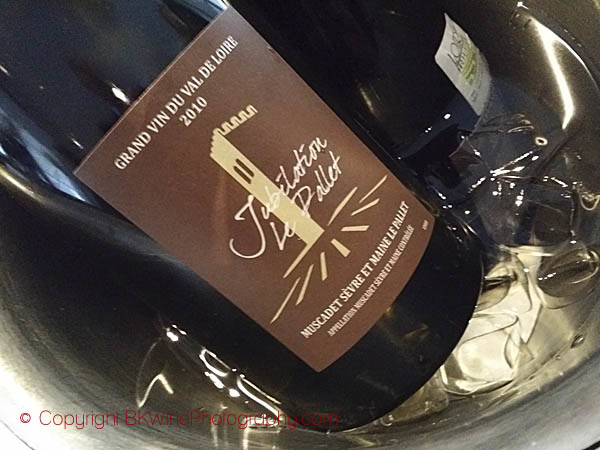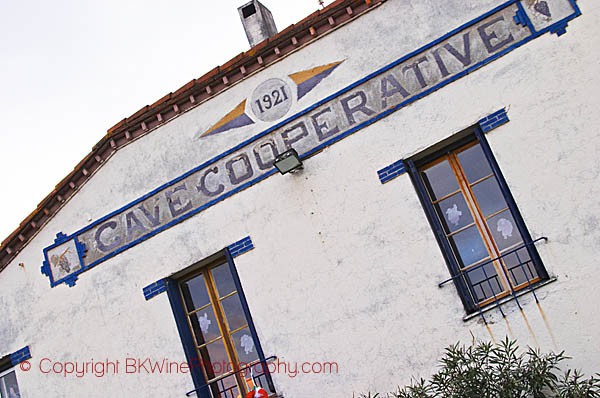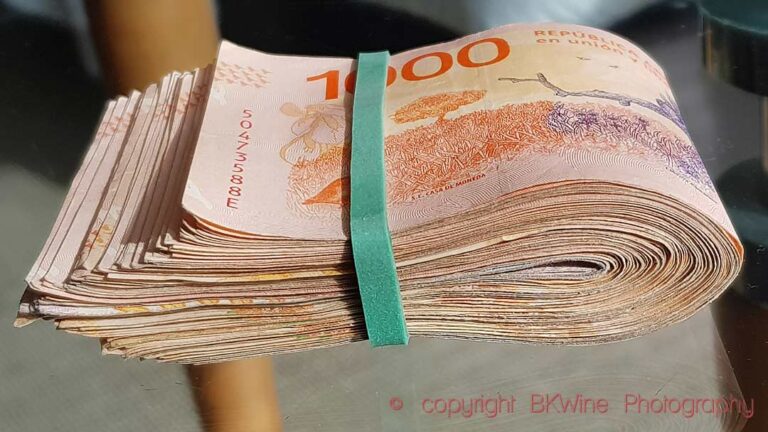Co-operatives sometimes suffer from a less than great reputation in wine. Sometimes it is well-deserved, for cooperatives that focus more on quantity and volume production than on quality. Sometimes is it unfair.
There is an important trend today in the cooperative sector in the wine industry to improve both quality and market orientation. This is necessary to survive in today’s very competitive wine business.
French wine producers, be it cooperatives, negociants or independent producers, need to compete on other things than cost, otherwise they are sure to loose out to low-cost countries and to countries that are not constrained by sometimes draconian or even irrational appellation regulations.
We recently met with several leading co-operatives for a tasting and a talk with their CEOs. In Per’s latest article on Forbes, Cooperative Wine, Catching On and Catching Up, you can read more on these progressive co-operatives and some of the very unusual wines we tasted.
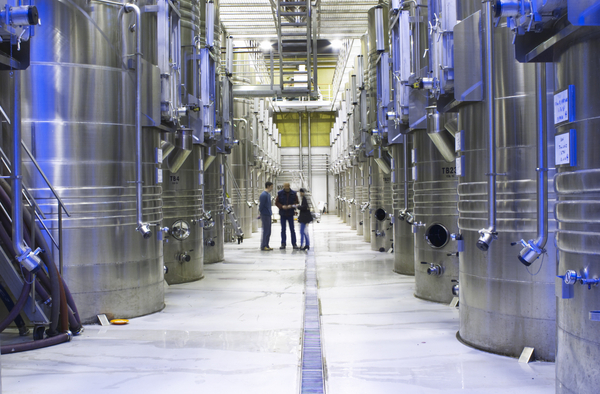
Here’s the introduction:
Wine co-operatives may not be all that visible on the market but they play a very important role in the wine business. However, cooperatives did, to some extent, fall into a hole the second half of the 20th century, but today many are getting out of it and deserve new recognition. A recent meeting with several CEOs of French cooperatives showed it well when they presented their wines for me to taste.
They are certainly wine business heavyweights. In France 65% of all independent wine growers (grape farmers / wine producers) belong to a wine cooperative. That does not quite mean that 65% of all wine is made by cooperatives since many growers do a bit of both: bottle their own wine while also being part of a cooperative.
Read Per’s full article on Forbes: Cooperative Wine, Catching On and Catching Up.
